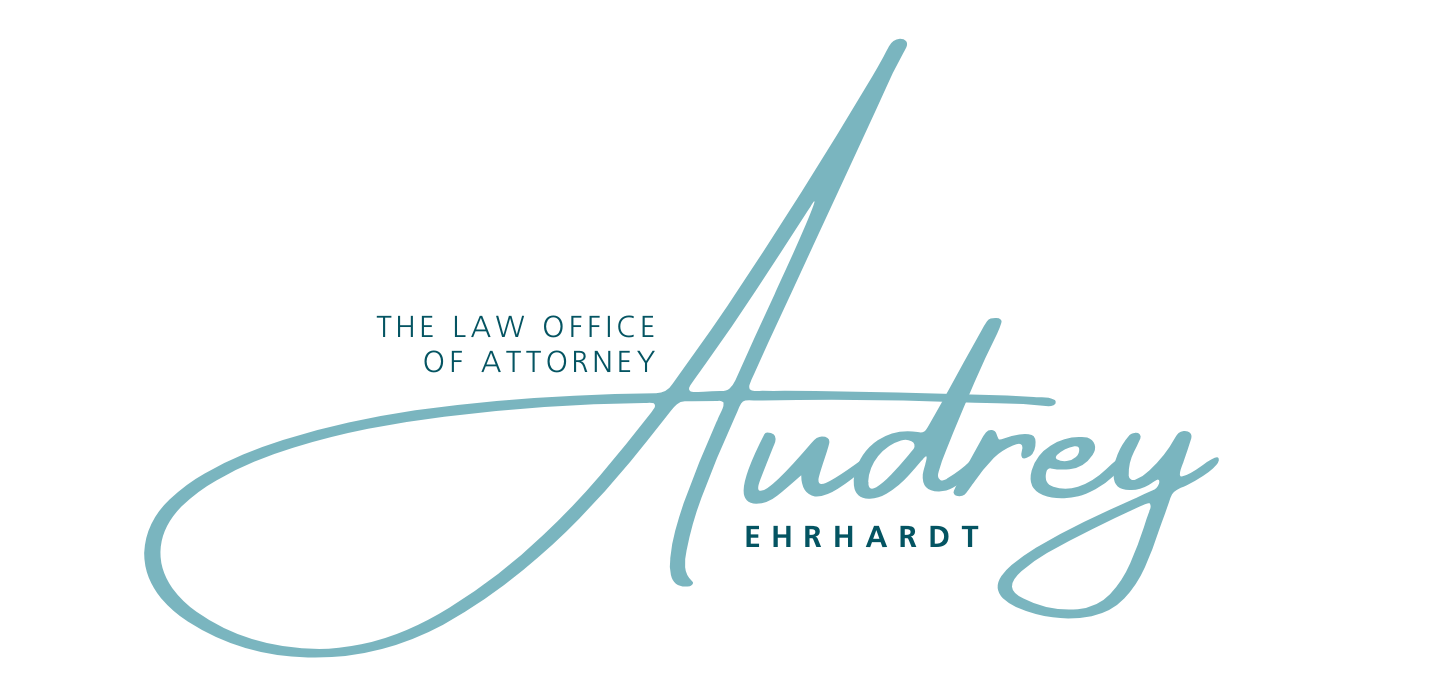Did you know estate planning is one of the most critical steps you can take to protect your loved ones and your legacy, but it’s also easy to make mistakes that can cause unintended consequences? Florida’s unique estate laws add an extra layer of complexity, which is why even small errors can lead to significant problems. Whether you’re just starting your estate plan or revisiting an existing one, being aware of these common mistakes can help you avoid costly missteps.
At The Law Office of Audrey Ehrhardt, we understand that estate planning can feel daunting. That’s why we’re here to guide you through the process with care and clarity. Estate planning isn’t just about documents and legalities—it’s about safeguarding what matters most to you. By understanding and avoiding these common pitfalls, you can create a plan that truly reflects your wishes and protects your loved ones when they need it most. Let us share a few common estate planning mistakes with you right here on our blog.
- Failing to update your estate plan after major life events. Life is full of changes, and your estate plan should reflect them. Many people forget to update their documents after significant life events like marriage, divorce, the birth of a child, or relocating to Florida. For example, Florida law automatically revokes provisions for an ex-spouse in a will after divorce, but if you don’t update your estate plan, it could leave other assets unaddressed. Regular reviews ensure that your plan stays relevant and aligned with your current goals.
- Naming outdated or unqualified beneficiaries or personal representatives. Choosing beneficiaries and executors is an essential part of estate planning, but failing to update these designations can lead to unintended consequences. Naming a minor child as a beneficiary, for example, can result in lengthy court proceedings to appoint a guardian to manage the inheritance. Similarly, selecting an executor who is unwilling or unable to serve can delay the administration of your estate. Always choose trusted, capable individuals and review these decisions regularly.
- Overlooking incapacity planning documents. Estate planning isn’t just about distributing assets after death. It’s equally important to prepare for the possibility of incapacity. Without documents like a durable power of attorney and healthcare surrogate designation, your loved ones may face court intervention to manage your affairs. These tools allow you to appoint trusted individuals to make financial and medical decisions on your behalf, ensuring your wishes are followed.
- Not properly funding a trust. A revocable living trust is a powerful tool for avoiding probate and ensuring smooth asset distribution, but it must be properly funded to work. Many people create a trust but fail to transfer their assets into it, leaving those assets subject to probate. Real estate, bank accounts, and other assets should be retitled in the name of the trust to achieve its intended benefits.
- Relying on a basic online will without understanding Florida laws. Online will templates may seem like a convenient option, but they often fail to account for the nuances of Florida estate law. For instance, Florida has specific requirements for the execution of wills, including the need for two witnesses to sign in the presence of the testator. Failure to meet these standards could render the will invalid, leaving your estate to be distributed according to Florida’s intestacy laws. Working with an experienced estate planning attorney ensures that your documents are legally sound and tailored to your needs.
Avoiding these common mistakes requires proactive planning and expert guidance. A comprehensive estate plan not only protects your loved ones but also provides you with peace of mind knowing that your wishes will be honored. Our firm is here to help you navigate the complexities of Florida estate planning with compassion and expertise.
We understand that estate planning can feel overwhelming, but you don’t have to navigate it alone. As a virtual firm, we can meet you where you are, saving you time and providing the guidance you need to create or update your estate plan. Schedule a free 30-minute consultation with our legal team today to discuss your goals and ensure that your legacy is protected for generations to come.







